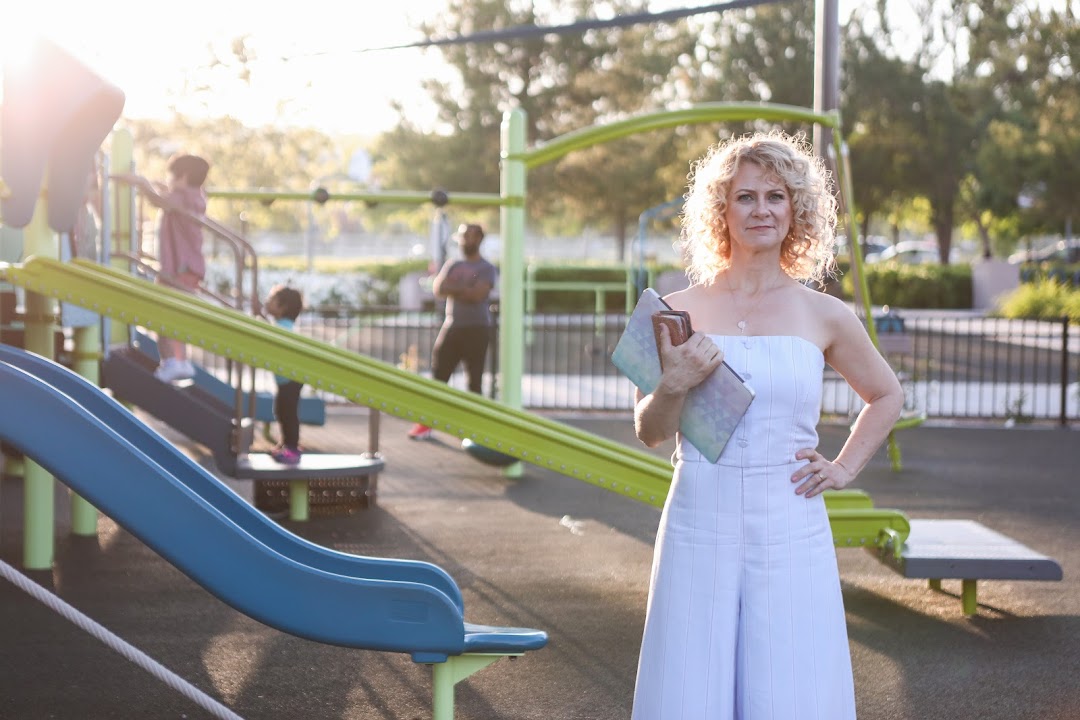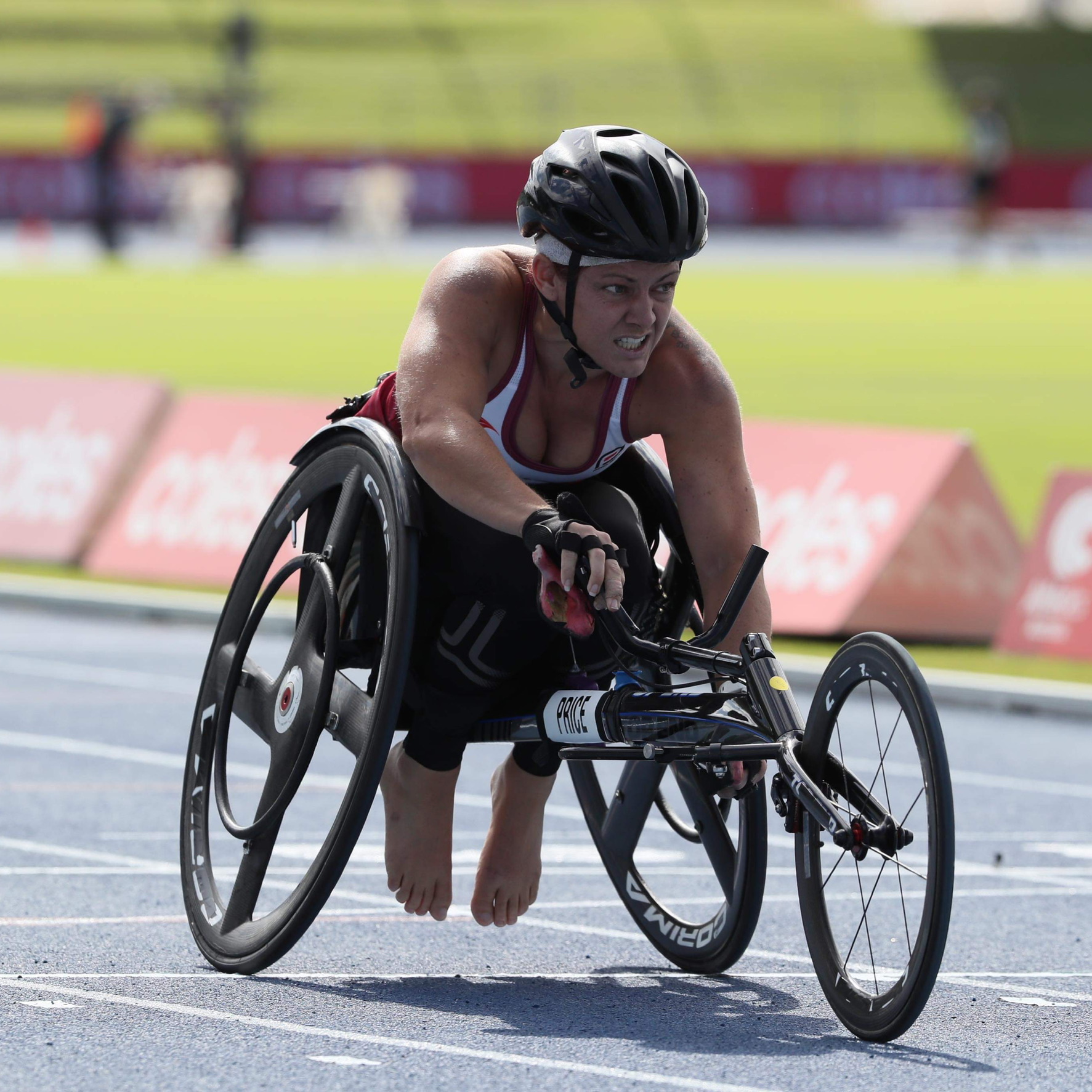She is undefeatable
“I didn’t actually realise I had a health problem until I was about seven years old, when my mum told me I had to have an operation on my heart,” says Simone Gomes.
This was devastating and confusing. “Even though I had a congenital heart defect my childhood was so much fun,” she tells This Is MedTech. “I travelled, I loved going to dance and drama classes and lived a somewhat normal childhood.”
Congenital heart defects (CHDs) are problems with the heart’s structure that are present at birth. In the UK, one in every 125 babies has a CHD, according to charity Tiny Tickers. Simone was born with one pumping chamber (of the heart’s four chambers) that worked and only three valves out of four. This led to her having a stroke when she was 19.
“I came home from college feeling fine and then at about 9pm, I remember the room just spun, leaving me dizzy and nauseous,” she says. “I started to spasm uncontrollably, losing all control of my body and felt as if I couldn’t breathe. I tried to stay awake but felt so drowsy.” She was rushed to hospital, where various tests and scans using medical technology helped doctors to confirm that she’d had three transient ischaemic attacks (mini strokes) followed by a major stroke caused by a disruption in the blood supply to her brain.
The two main types of scan used to assess the brain in people who have had a suspected stroke are a computed tomography (CT) scan, like an x-ray that uses multiple images to build up a more detailed 3-dimensional picture of your brain, and magnetic resonance imaging (MRI) which can determine the area of the brain that is damaged.
Simone was in hospital for three months having intensive physiotherapy and speech therapy, and she was eventually able to continue with her studies. However, more distressing news came at age 26: the doctor said her heart was failing, and she would need a transplant. “I was with my mum and we were both lost for words. I knew this was the last stage and without a transplant I wouldn’t make it.” Fortunately, she was able to get the life-saving heart transplant. “It will be seven years this June and I still go in every three months for check-ups, including blood tests and scans to detect any signs of heart failure or rejection,” she explains.
Simone notes that medical technology has improved dramatically over the years. “It’s still improving and helping other young people and babies who are born with a heart problem to live fuller lives,” she says. “Because of the technology, commitment from the doctors and nurses and with daily medication to keep my heart functioning, I’m able to live a better, more active and less fearful life.”
An important part of Simone’s life is working with We Are Undefeatable, a campaign that encourages people with long-term health conditions to be active. “I have learnt it is important to celebrate every achievement, no matter how small it may seem to someone else.”






